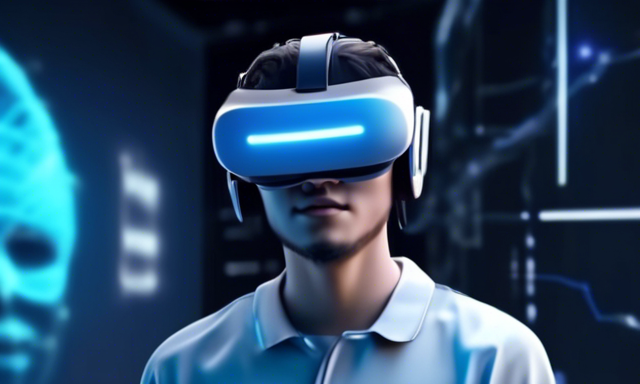The Power of Virtual Reality in Mental Health
If you’re struggling with mental health issues, virtual reality (VR) might offer a promising solution, as recent research indicates. Companies are now venturing into this area, exploring the possibilities of VR in aiding patients suffering from various mental illnesses.
Liminal VR: Harnessing VR for Mental Wellness
- Liminal VR, co-founded by Damian Moratti and Nick Busietta in Melbourne in 2018
- Utilizes artists, developers, neuroscientists, and psychologists
- Offers experiences like calm, energy, pain relief, and awe
The Unique Perspective of Liminal VR
- Emphasizes first-person perspective in content consumption
- Discuss the importance of VR’s immersive nature over traditional media
- Offers various experiences to engage users deeply
Tripp: Combining VR and AI for Personalized Wellness
- Founded by Nanea Reeves, integrating generative AI into its VR experience
- Launched Kōkua, a VR experience based on the concept of assistance and support
- Focuses on creating positive emotions through immersive technology
The Role of AI in Tripp’s Wellness Solutions
- Uses generative AI to provide customized reflections, meditations, and mindfulness practices
- Allows for personalized experiences based on user input and preferences
- Encourages real-time adaptability and engagement with AI
Exploring the Potential of VR in Mental Wellness
These companies are at the forefront of utilizing virtual reality technology to improve mental health by providing immersive experiences tailored to individual needs.
Hot Take: Embracing Virtual Reality for Mental Health
Virtual reality holds significant promise in transforming mental health treatments and therapies, offering personalized and engaging experiences that can positively impact individuals’ well-being.





 By
By

 By
By

 By
By